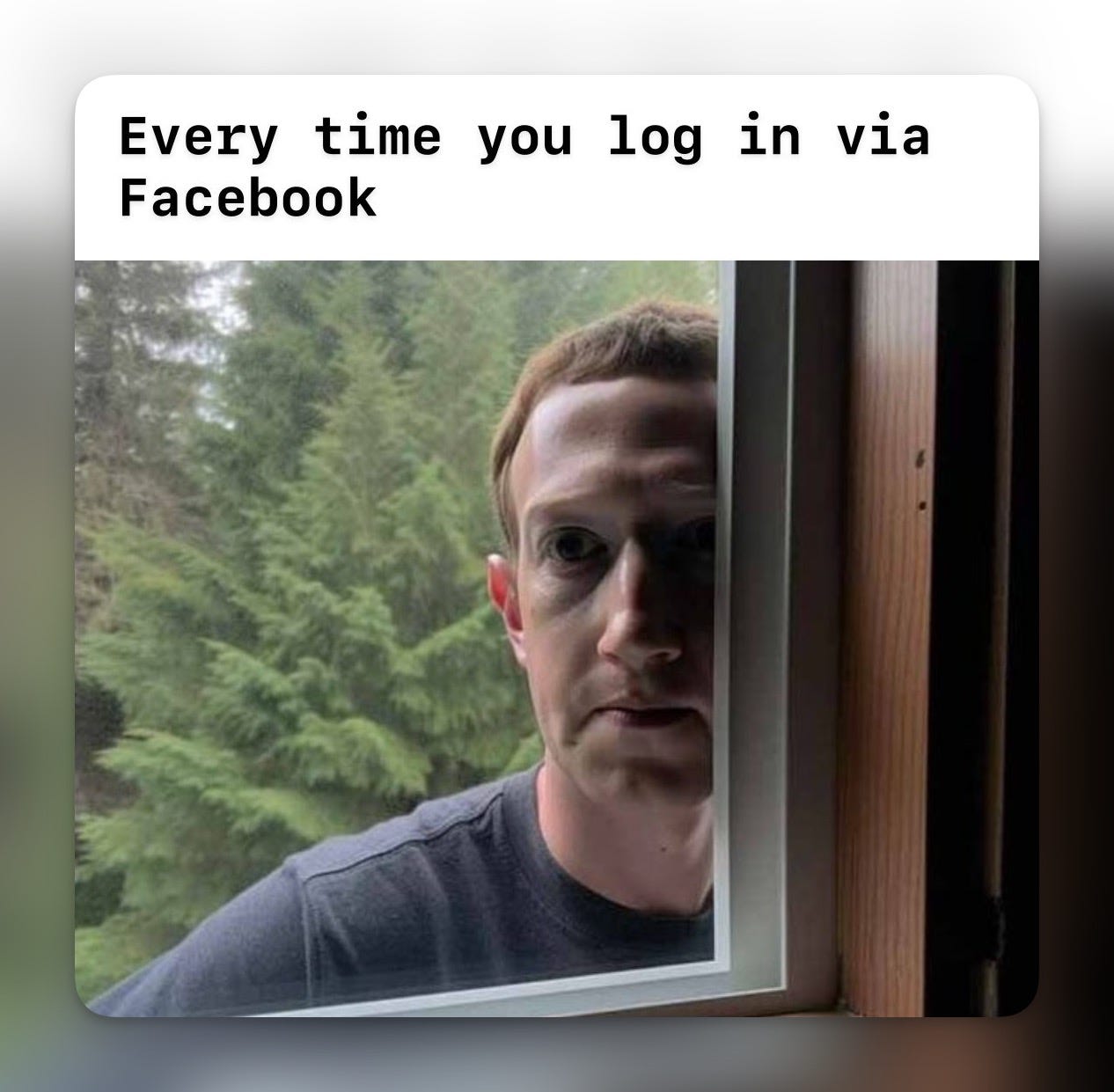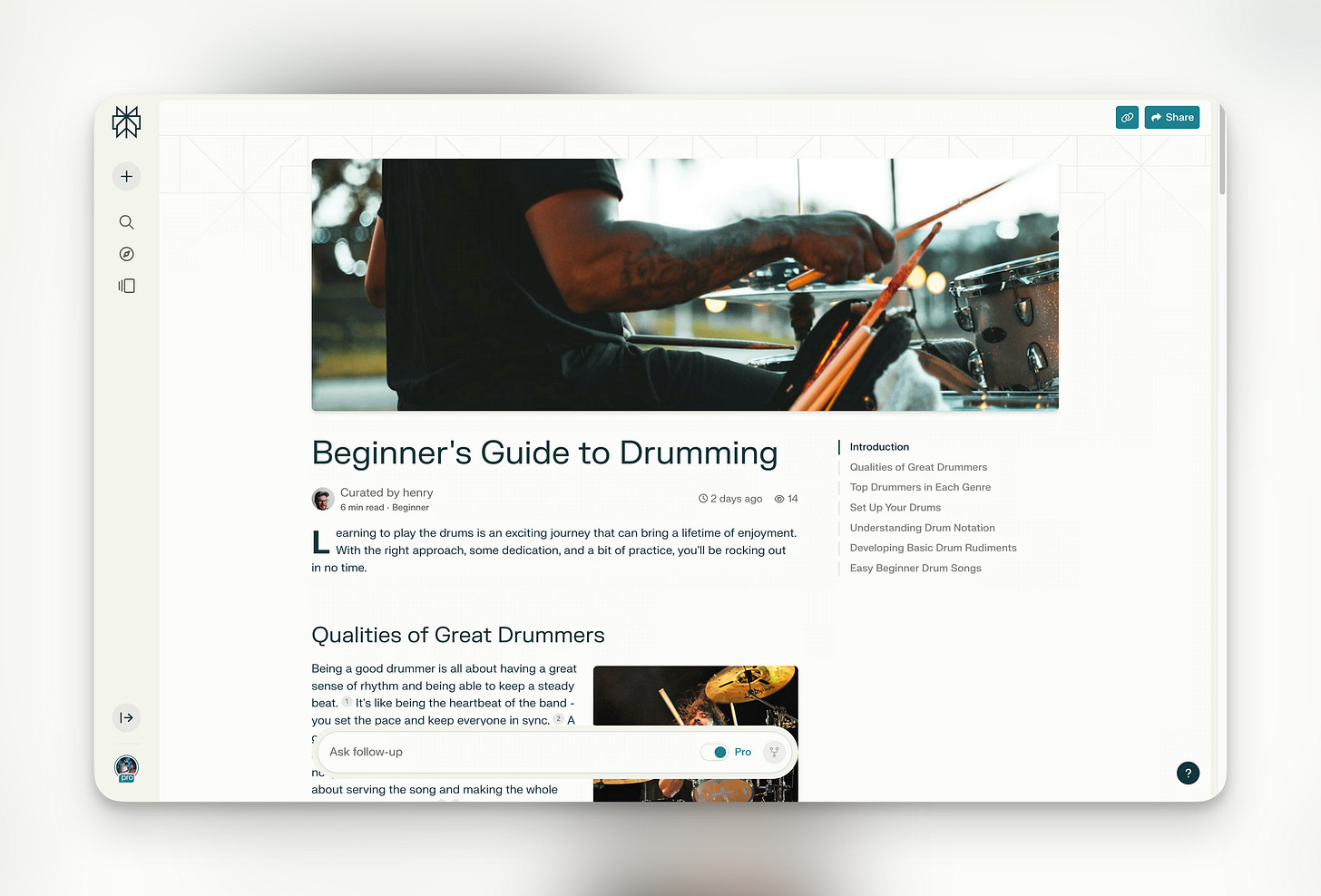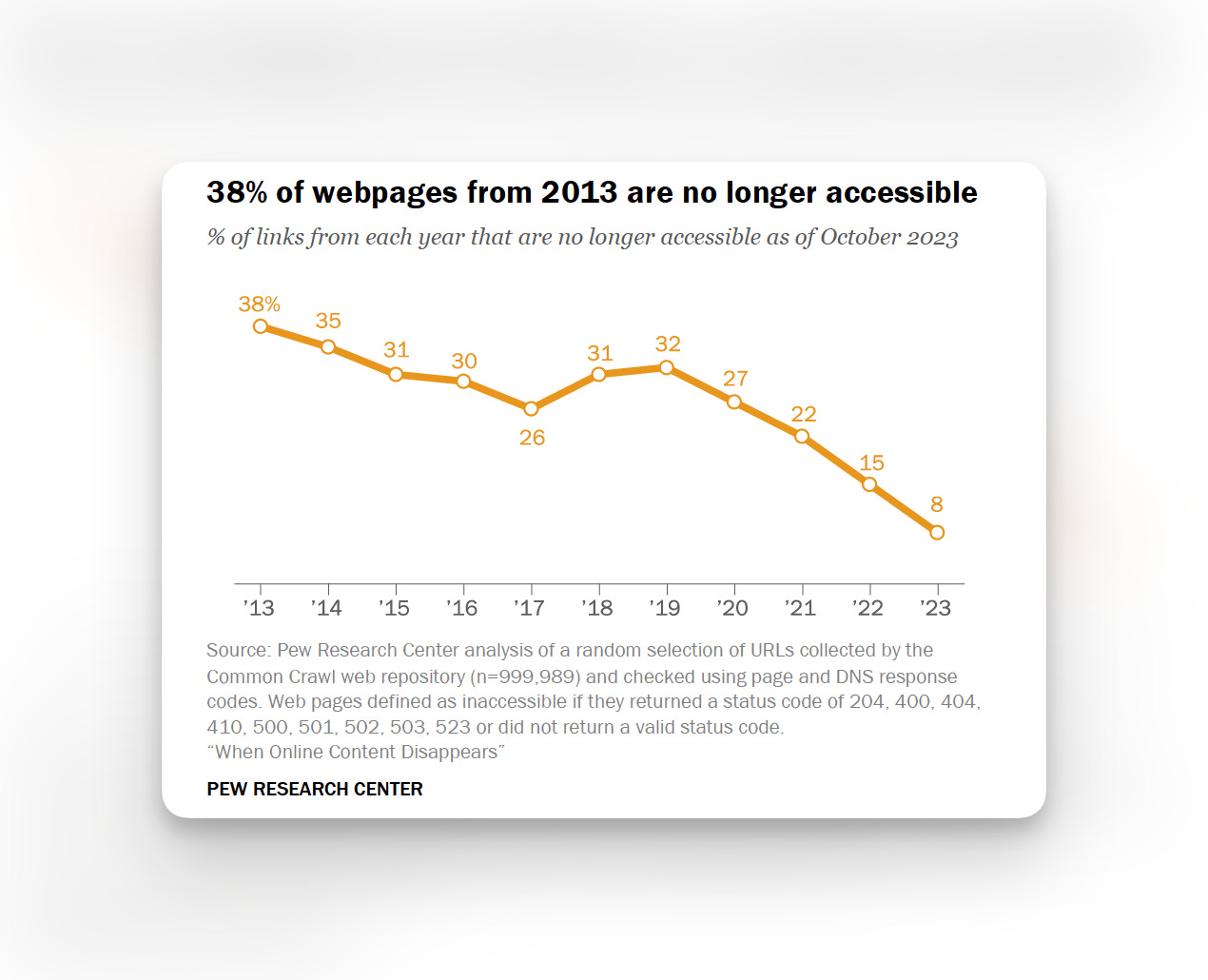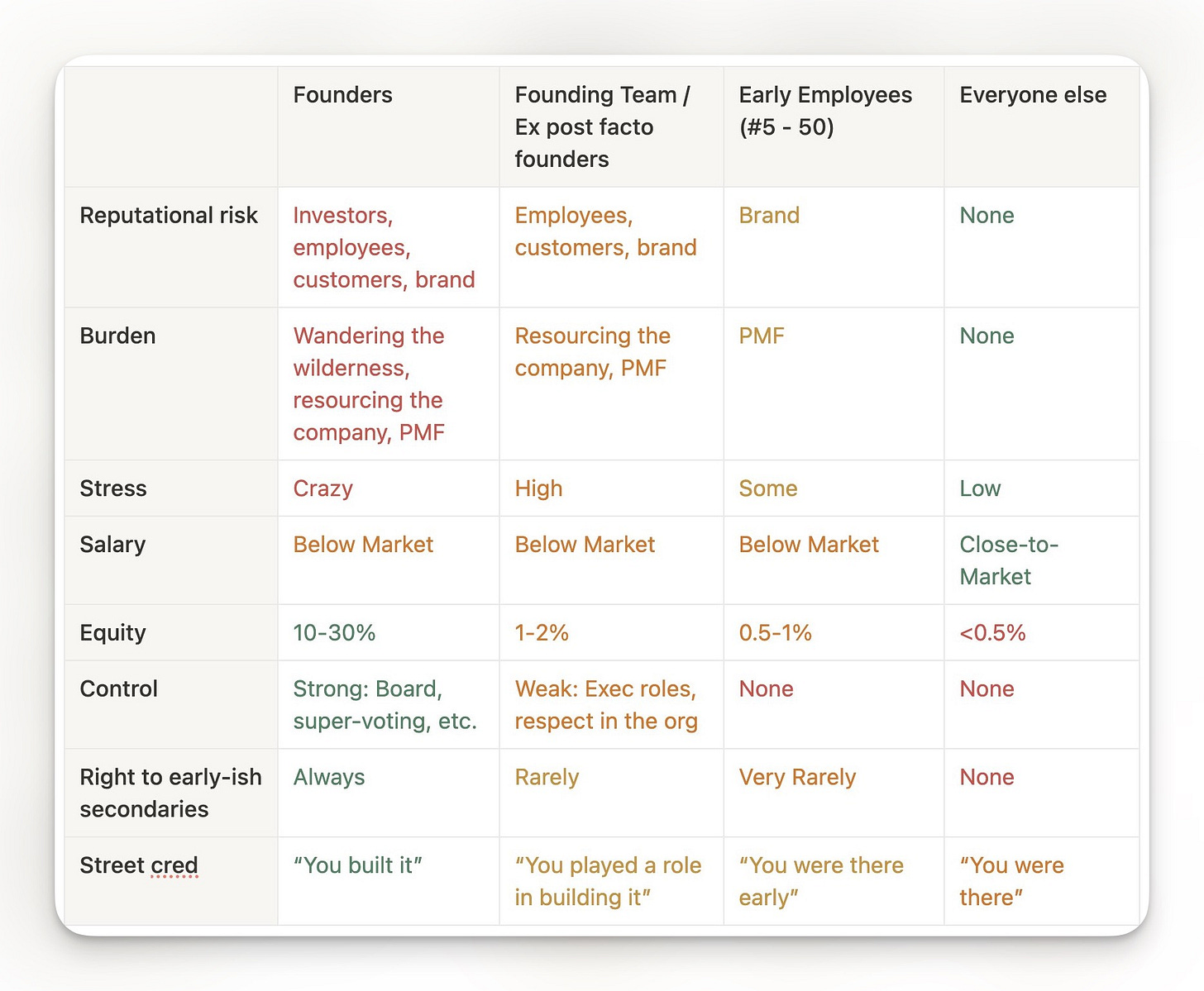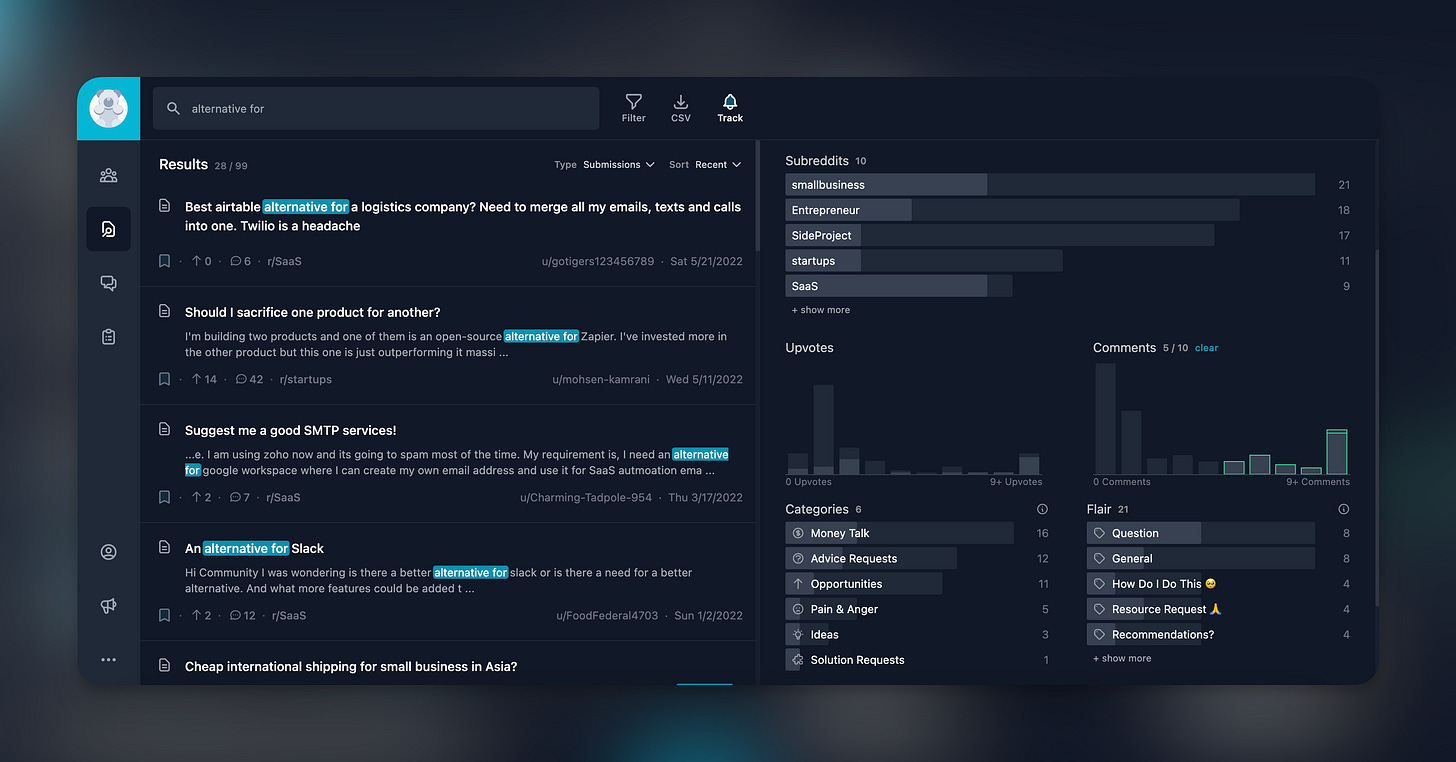💰 Digital twins in Zoom, rewards for early employees, and a powerful move from Perplexity
Migranotes s2e22. Seven useful materials for entrepreneurs for all days of the week
Hi, everyone.
It's time to pour coffee and read a selection of useful materials for startup founders and entrepreneurs. Don't forget to share useful links from it. Sharing is caring!
Let's go!
1. Productivity: Pages by Perplexity
Perplexity rolled out Pages, a tool for easily turning research into visual content. You research something and then publish it as a page. I see two interesting steps here.
This is a hint that Perplexity is looking at the market of information storage systems, such as Notion. Why drag your content somewhere else if you can store it right here?
A potentially powerful shift in the SEO market. At the very least, it is now very easy to create pages. More content, even more content. I wonder how search engines will perceive this.
https://www.perplexity.ai/hub/blog/perplexity-pages
2. Report: Where content disappears?
While Perplexity makes it easy to create content for the web, the content itself is always disappearing. A new analysis from the Pew Research Center shows that a quarter of all web pages that existed at some point between 2013 and 2023 are no longer available as of October 2023. In most cases, this is because the individual page has been deleted or removed from another functional website.
For older content, this trend is even more striking. About 38% of web pages that existed in 2013 are inaccessible today, compared to 8% of pages that existed in 2023. A couple more facts:
23% of news pages contain at least one broken link, as do 21% of government pages. News sites with high traffic and sites with low traffic are about equally likely to contain broken links. Broken links are especially common on the websites of local governments (city authorities).
54% of Wikipedia pages contain at least one link in the "References" section that points to a page that no longer exists.
https://www.pewresearch.org/data-labs/2024/05/17/when-online-content-disappears/
3. Startup development: Appreciate the first employees
Hari Raghavan raised an interesting topic in X (twitter) about how startups devalue the role of the first employees. Even in case of success, they receive almost nothing or have to wait for their turn to sell shares. At the same time, when they join the company at the very beginning, they bear a lot of risks - including reputational ones - and usually agree to a salary that is below the market. What's the result?
Hari proposes several changes. It looks like a small revolution
Recognize the role of the first employees by giving them appropriate status. Jack Ma made each of his first employees a "co-founder" of Alibaba. They had about 17 co-founders.
Do not only "invent" statuses, but also give them out. Incentive programs often remain opaque. If someone works at the beginning of their career (or is a strong leader), make them a co-founder or a member of the founding team later. Notion did it with COO Akshay Kothari, and Rewind recently did it with Paul Stamatiou.
Co-founding should not give anyone immunity. How about this?
Be generous with capital for the first employees. "Get rid of this ridiculous 1% criterion for the first employee." Create a special "founding team pool" with 10-15% of shares with limited access for the first 5-10 employees.
There's nothing complicated about it, says Hari... Reward people in proportion to their contribution.
https://x.com/haridigresses/status/1788684269902057811
4. Useful services for startups: Audience research on Reddit
GummySearch gives you a set of services for analyzing the audience on reddit. You simply cannot ignore this platform, which has 130 thousand different groups. It's an inexhaustible source of information where you can research topics, trends, and even product ideas.
GummySearch has almost 30,000 registered users. This is facilitated by the availability of a free tariff plan, so you can at least try it.
https://gummysearch.com/product/
5. Relations with VCs: Unicorns will go extinct, only cockroaches will survive
It sounds like a post-apocalyptic movie script. However, this is a new paradigm that is becoming increasingly popular during the next "venture winter."
A "cockroach startup" is a company that focuses on sustainability and profitability rather than rapid growth. The main characteristics of such startups are:
Self-financing: They develop at the expense of their own revenues without significant attraction of external capital.
profitability focus: Prioritize achieving and maintaining profitability from the start.
customer loyalty: Aimed at building and maintaining a stable customer base.
resilience to economic change**: More adaptable to economic downturns and market volatility.
Smart Growth: Scale gradually, avoiding the risks of rapid expansion.
Piyush Joshi cites Zoho as an example of such a startup (I use their CRM in one of my projects). Zoho is a Chennai-based company that provides cloud-based business software. The company was founded in 1996 and has grown steadily over the years, focusing on profitability rather than rapid growth. Zoho has never taken external funding, and its founder, Sridhar Vembu, has spoken out against the "unicorn" trend, arguing that it is not sustainable in the long run.
Is it time to breed cockroaches?
https://www.linkedin.com/pulse/end-unicorn-era-rise-cockroach-startups-piyush-joshi/
6. Video: What YouTube’s CEO really thinks about YouTube
7. Opinion: Zoom’s CEO on the "digital twins"
I’m assuming when you looked at your calendar today and saw a Decoder session. You were going to come to that on your own. What would you have sent an AI avatar to instead?
I think an AI avatar is essentially just an AI version of myself, right?
Sure.
Essentially, in order to listen to the call but also to interact with a participant in a meaningful way. Let’s say the team is waiting for the CEO to make a decision or maybe some meaningful conversation, my digital twin really can represent me and also can be part of the decision making process. We’re not there yet, but that’s a reason why there’s limitations in today’s LLMs. Everyone shares the same LLM. It doesn’t make any sense. I should have my own LLM — Eric’s LLM, Nilay’s LLM. All of us, we will have our own LLM. Essentially, that’s the foundation for the digital twin. Then I can count on my digital twin. Sometimes I want to join, so I join. If I do not want to join, I can send a digital twin to join. That’s the future.
How far away from that future do you think we are?
I think in a few years, we’ll get there, but we’re just at the beginning. The reason why is because of two problems. The first problem is today, look at the large language model itself — it just started. A lot of potential opportunities, but it’s not there yet. Another thing is we have to make sure you have a customized version. Essentially, [for] every human being, you have to have your own version of LLM based on all the data, based on all the context around you. So you have your LLM; I have my LLM. I might have multiple versions of LLM. Sometimes I know I’m not good at negotiations. Sometimes I don’t join a sales call with customers. I know my weakness before sending a digital version of myself. I know that weakness. I can modify the parameter a little bit.




